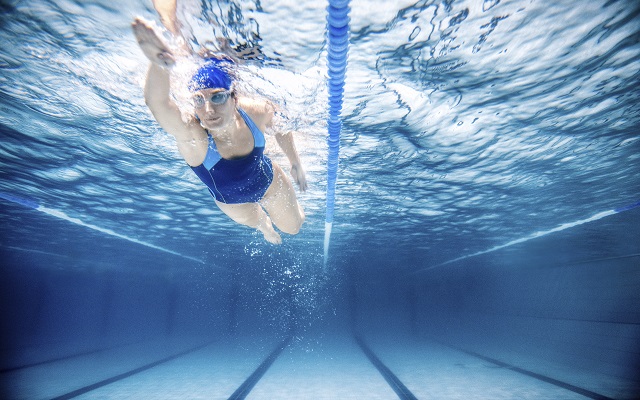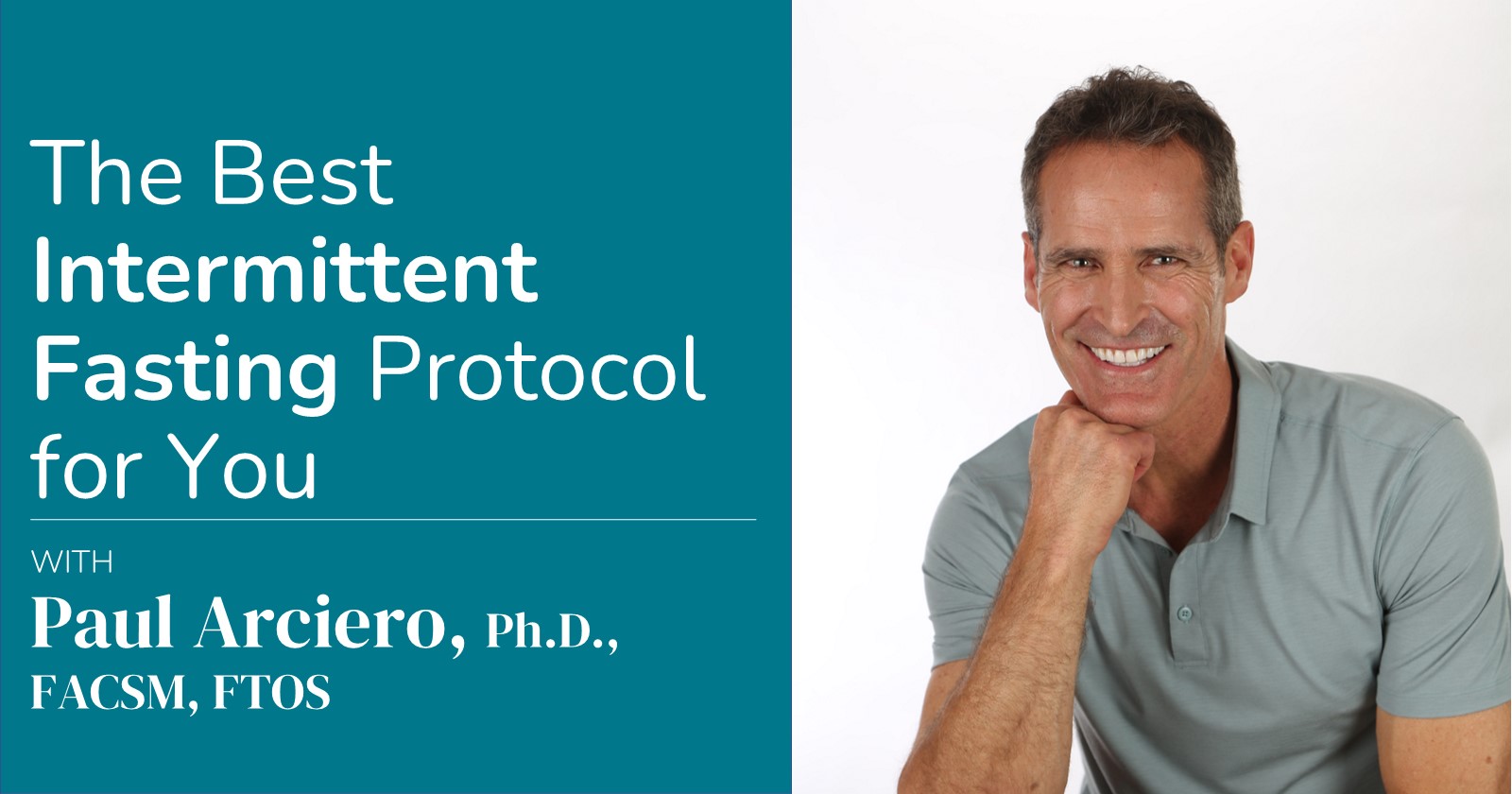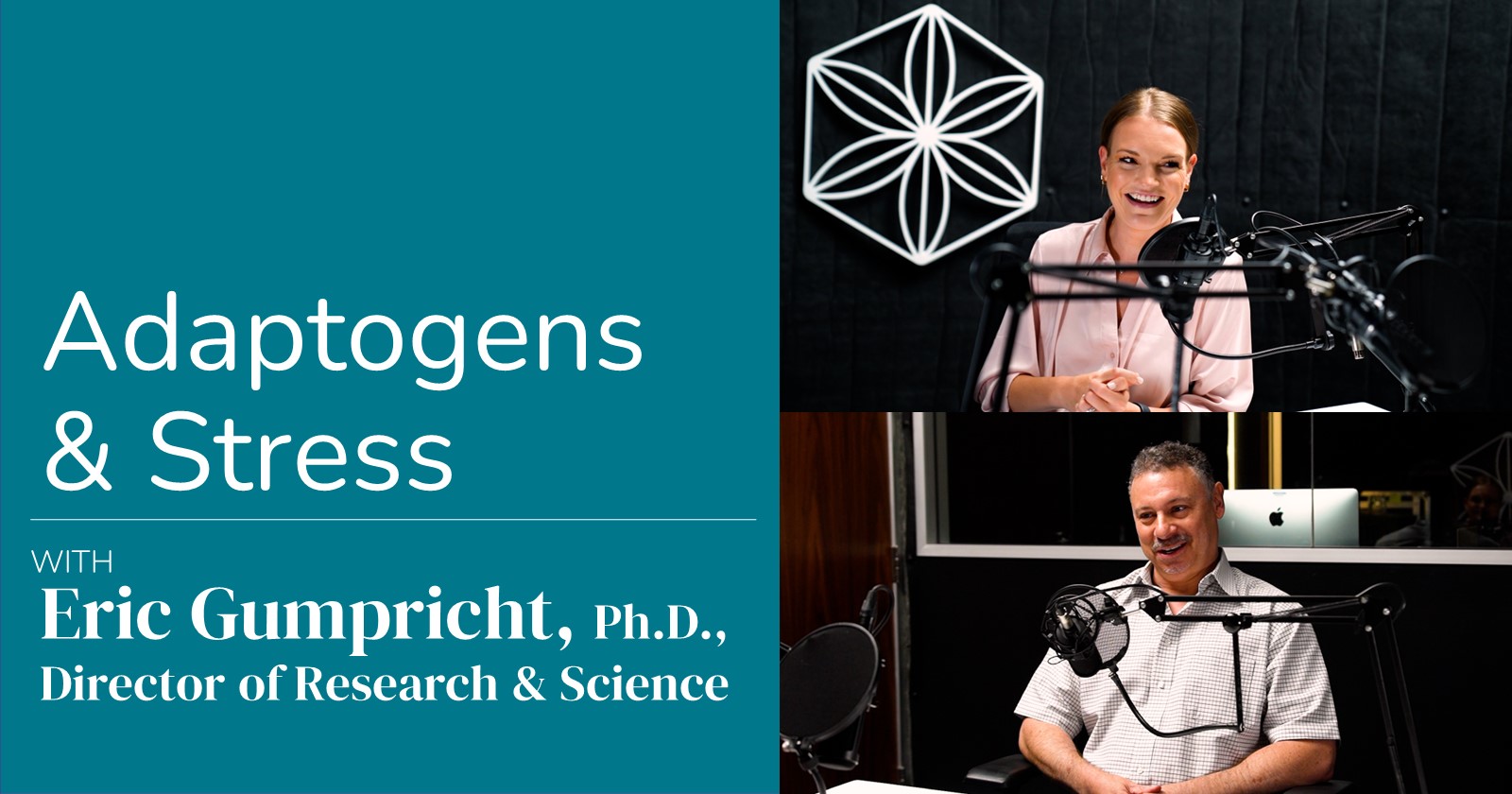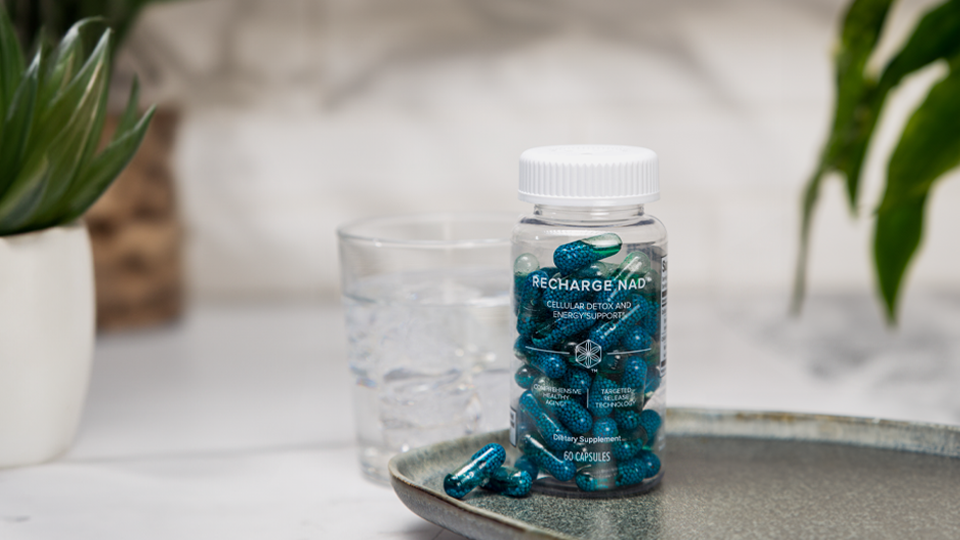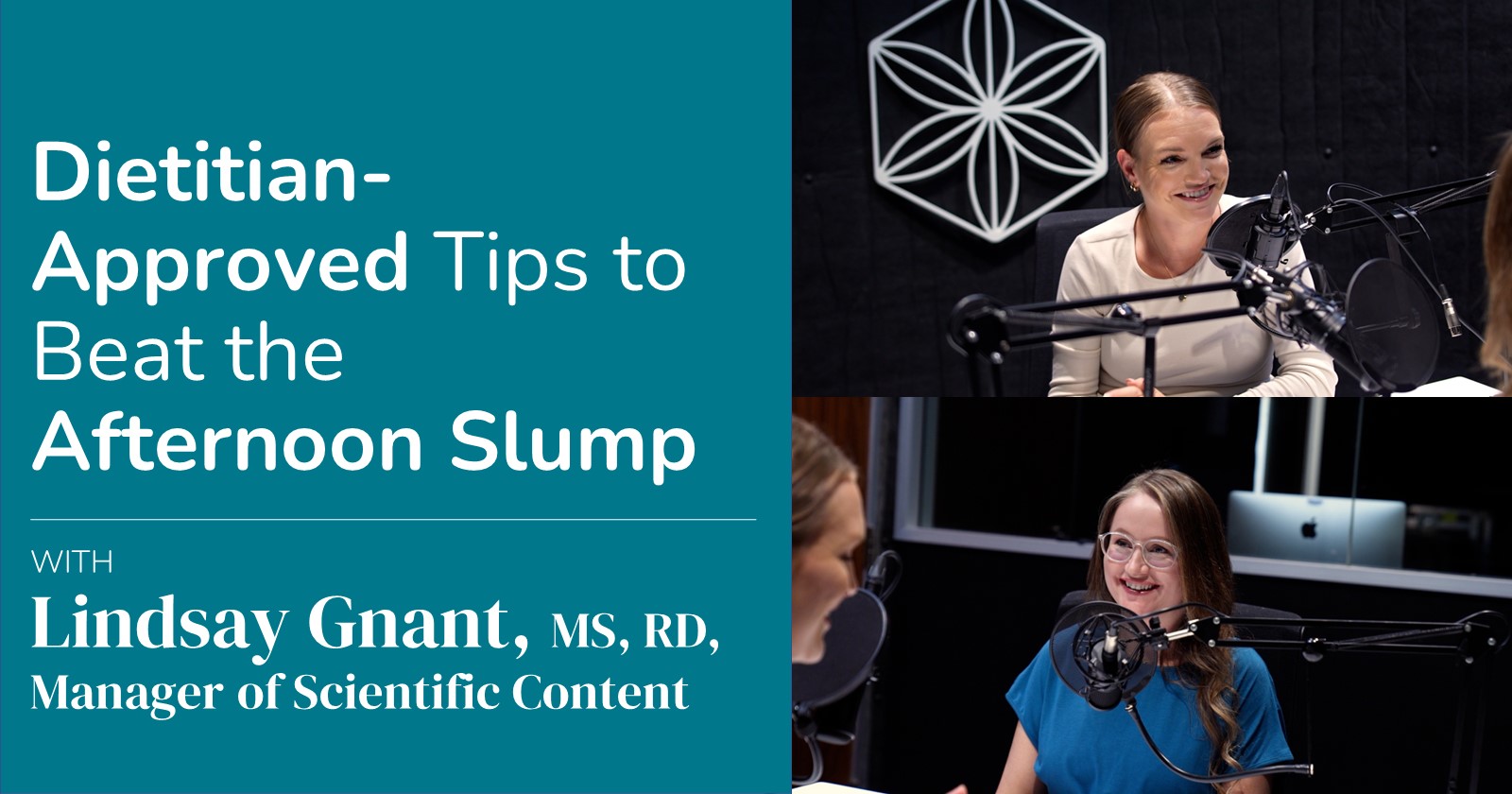At Isagenix, a frequently asked question of runners and other endurance athletes is “can Cleanse Days be used without hurting performance?” The answer is yes… with a few exceptions. Here’s what you need to know:
Properly timed cleansing increases antioxidant capacity. Cleansing goes way beyond simply burning fat. In fact, it may boost a system very important to athletes: the antioxidant defense system. In highly trained male cyclists, four days of very low energy restriction increased cellular glutathione (GSH)—the body’s most abundant antioxidant—37 percent and GSH peroxidase (a major antioxidant protein) by 48 percent, while stress was decreased by 52 percent (1).
While performance suffered during calorie restriction, the results suggest that several markers of the antioxidant defense system were greatly increased in hard training athletes as they continued exercising.
The Takeaway: No one’s recommending that athletes actually restrict calories, or perform Cleanse Days, for four consecutive days as in the study, but the evidence suggests that a Cleanse Day every once in a while could bolster antioxidant support for athletes.
Our Advice: If you decide to do a Cleanse Day, choose a rest day or light exercise day and not a time around a serious competition. While increasing your antioxidant status is a great benefit, a Cleanse Day may negatively affect performance if you’re training intensely. (You can still perform everyday cleansing by taking Cleanse for Life® on a daily basis.)
Use Ageless Essentials to support your Cleanse Day and cravings. While including essential vitamins and minerals is great when energy is low, researchers from the Department of Kinesiology at Laval University also found that taking supplements either during fasting or following a meal, lowered the perceived appetite significantly (2). Those who exercise generally have higher energy expenditures and may experience more hunger than others during Cleanse Days. Providing the body with all of the key micronutrients—vitamins and minerals—that are found in our Ageless Essentials Daily Pack, will help to maintain optimal bodily function. Be sure to stay properly hydrated on Cleanse Days by drinking plenty of fluids.
Spare muscle by keeping up with training. Choose a day to cleanse when you’re not overly taxing yourself; but that doesn’t mean you should take the other days that week easy. In a study performed on endurance athletes over a period of one week, subjects either exercised or rested during severe energy restriction. Those who continued to train intensely showed that exercise actually better maintained body protein and prevented muscle loss (3). Again, no one should cleanse for a full week, but you should include at least some of your normal training over the week of cleansing to avoid muscle loss.
Keep your protein intake up with IsaLean Shake or IsaPro. What’s another way to prevent loss of your hard-earned muscle? Both short-term and long-term effects of high-quality protein consumption can have profound positive effects on energy expenditure, nutrient use, appetite, and appetite-regulating hormones during times of dietary restriction (4). Over a nine-week period, researchers from Purdue University found a high-protein diet increased fat burning, spared glycogen (fuel for athletes), and decreased appetite (4). Furthermore, higher protein helped prevent muscle loss. Add multiple shakes per day in the time leading up to and after your Cleanse Days. Also, after a Cleanse Day, start your next day with an IsaLean or IsaLean PRO Shake.
Remember, just because you train hard doesn’t mean you can’t reap all the benefits of Cleanse Days. Just use the pointers above and keep your performance goals in mind. For example, if you’ve been training for a marathon for months, it would make little sense to throw a Cleanse Day in on the final week. Otherwise you can also perform everyday cleansing. Be smart about cleansing and stay healthy.
References:
- Rankin J et al. Energy restriction but not protein source affects antioxidant capacity in athletes. Free Radic Biol Med 2006;41:1001-1009.
- Major G et al. Multivitamin and dietary supplements, body weight and appetite: results from a cross-sectional and a randomized double-blind placebo-controlled study. Br J Nutr 2008;99:1157-1167.
- McMurray R et al. Responses of endurance-trained subjects to caloric deficits induced by diet or exercise. Med Sci Sports Exerc 1985;17:574-579.
- Leidy H et al. Effects of acute and chronic protein intake on metabolism, appetite, and ghrelin during weight loss. Obesity 2007;15:1215-25.

